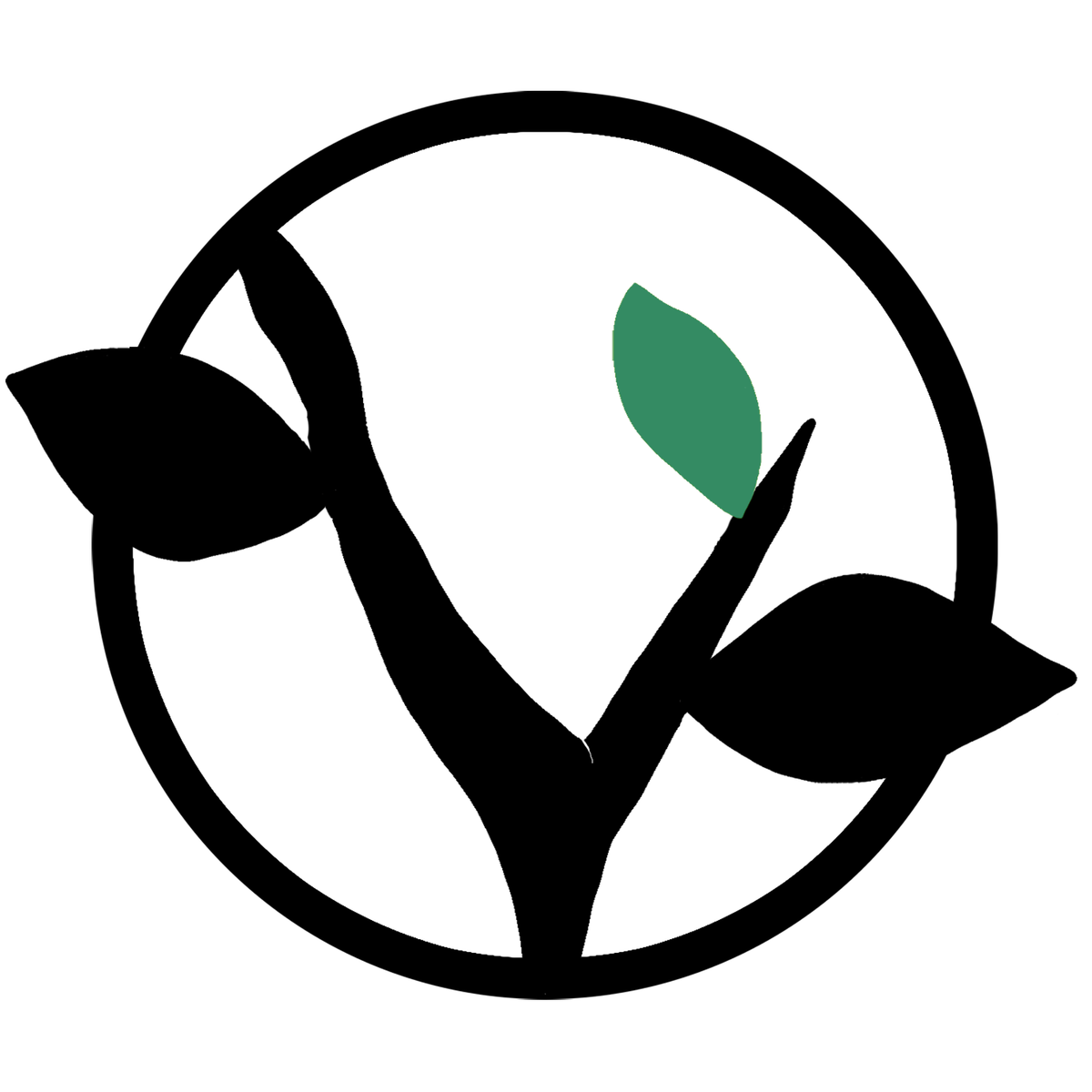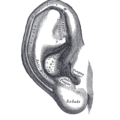Tunes Not Tunes
With so much noise in the air about what jazz music and musicians are becoming, there remains the crucial question: How do you teach/learn improvised music? Do you have to learn “tunes” or can you approach it completely in the abstract? There’s a trend of musicians with all kinds of backgrounds learning improvisation. How do we absorb the experiences being passed along by other musicians? And by extension, how do we pass along that passion for music to others?
I had a discussion with a few SFJAZZ Collective members about learning music. It’s extremely rare to meet a musician who doesn’t think about why they do what they do, where it comes from and how a life’s great influences continue to guide long after the initial flash. Almost everyone I talk to has an interesting and unique take on this, more often than not passionately argued.
In leading workshops at several Important Institutions I have had this experience: after a talk about music, during the Q & A, I am asked by the teachers (sitting in back) whether Creative Work oughtn’t to wait until the Basics are Mastered. I got the feeling I was setting a Bad Example by talking about pushing creative boundaries and challenging common practice.
My opinion is that creative work and basics should go hand in hand — with a maximum tolerance for freedom and exploration. What is the meaning of freedom? To me it means the freedom to learn All That. To do the work on the basics but to never forget why one is learning all that and to never be afraid to try something off the page. In fact, to especially have the urge to always try something off the page. To be ultimately free to choose, with as little illusion as possible, to make the music one feels.
Now those faculty members think about curriculum and teaching all year. They sit in the class rooms with musicians. They know a lot about it, and they often have some resistance to my ideas. I respect that. I also feel that if a musician is going to talk about music he or she should simply speak from experience.
Not long ago I was doing a session on time playing and ear training, working with the metronome and discussing how to deepen one’s sense of form and feel. So we try to pick a tune we all know and there are ten of us up there and we can’t come up with one tune in common. (To me, that’s indicative of the language era, but anyway…) So we end up playing variations on Twinkle, Twinkle, Little Star, which is actually quite sophisticated despite what you might think. It ended up as a great object lesson because each player was forced within their own language to adapt to a structure, a form, and a basic tonal language, however abstract (many of them) decided to be. It also served as a reminder of the limits of abstraction and the exigency of feeling a melody deeply and delivering a human musical idea within a given set of materials and limitations.
An argument put forth by a certain member of the Collective says that you have to learn tunes because all great jazz improvisers learned by playing tunes. All the vocabulary is there. If you want to learn vocabulary and what to do when the page falls off the music stand you have to go through the great repertoire of song form.
I’ve always rebelled against that idea because I feel that one method should not have hegemony against all others. I was lucky enough to grow up learning tunes, but I have played with and admired so many great musicians who don’t know and don’t play tunes. You ought to be able to learn the nuts and bolts and simply make your own music.
But I was swayed by a truth in the argument. If you choose to study music and improvisation: from other musicians, from books, scores, recordings, and other texts, well, then, that’s what there is, repertoire. This is not to say that you can’t learn to make music with other kinds of materials and with other kinds of forms. But maybe there is a basic instinct in learning to play songs. I am not resolved about this, but I am shifting.
Master drummer and improviser Han Bennink has long been a hero of mine, as well as a good friend and colleague. When I once suggested years ago during a duo tour that we play, instead of total improvisations, a few compositions, he angrily retorted, “We are playing compositions. And I am the composer, too!”

